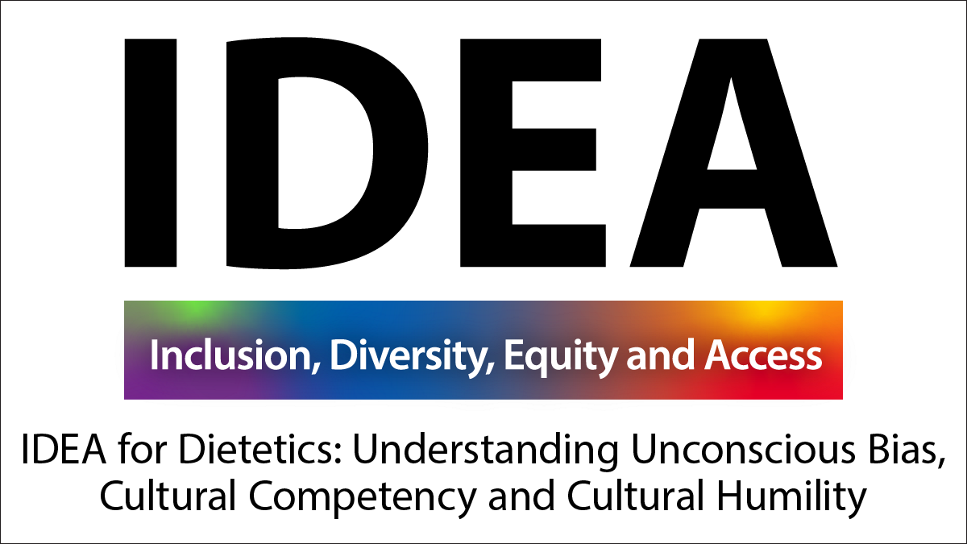The Academy's Inclusion, Diversity, Equity and Access (IDEA) Committee is proud to introduce three short interactive courses on diversity, equity, inclusion, unconscious bias, cultural competency, and cultural humility, led by 2022-2023 Chair Judith Rodriguez. These courses serve as an introduction to unfamiliar terms and ideas surrounding IDEA or as helpful reminders to adjust behaviors to respond to the specific needs of others. Acknowledging and respecting an individual's culture and background goes a long way toward making them feel welcome and encourages them to speak freely and openly about their perspectives and lifestyle. You will gain a deeper understanding of these concepts and learn how to implement them in their professional and personal lives. Join us to build a more inclusive and welcoming community—one that values diversity and seeks to promote equity and access for all.
The CPE associated with this activity expires on 06/1/2025.
CPE Level: Level 1
CPEU: 1.5
Course Content
- Defining Equity, Diversity, and Inclusion: Equity, Diversity, and Inclusion Defined
- Unconscious Bias
- Cultural Competency & Humility
Performance Indicators
- 1.7.1 Recognizes and respects cultural and racial diverse backgrounds to effectively interact and build meaningful relationships with others (e.g., clients, employees, inter- and intra-professional team members and community and professional groups).
- 1.1.1 Participates and documents engagement in professional development activities to maintain and enhance competence.
- 1.7.3 Develops awareness of one's own personal beliefs and values to inform and reduce biases.
Learning Objectives
- Describe terms such as diversity, equity, inclusion, unconscious bias, cultural competency and cultural humility.
- Identify how received ideas and stereotypes can negatively affect interactions, and how to adjust thinking to be less general and more inclusive.
- Build an understanding of the ways in which cultural knowledge can improve behaviors and practices.

